
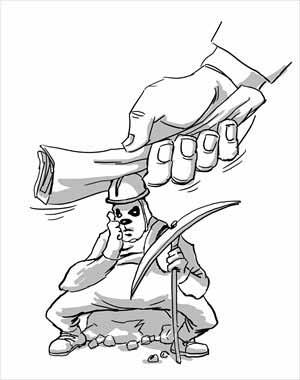 |
| Illustration: Liu Rui |
I read the New York Times, not just because I live in one of its five boroughs and pay the city tax, but also because I was told that it represents the finest in journalism. That's why I was astounded by the article "Laos Could Bear Cost of Chinese Railroad" recently published in this newspaper.
The story begins by introducing a Chinese hotel owner in Oudomxay Province in Laos, who expects his rooms to be filled by legions of Chinese railroad workers from a nearby construction site, and together with a photo of a Chinese-owned supermarket complex, implies that the Chinese are taking away all the economic benefits of the project.
From there, the authors go on to cite critics who see the financing deal by a Chinese creditor as harsh on the Laos side, and portray the construction as environmentally disastrous. The rest of the article tries to show that the Laos government acts like Beijing's vassal.
I was appalled by the sloppiness of the piece. Starting with the title, I find this story to be loaded with inaccuracies and speculations. The quotes from interviewees are overwhelmingly one-sided, if not biased, and the text employs sensationalism rather than facts and reasoning. In a word, the report appears premeditated to convey the US view.
Calling the railroad "Chinese" is either intentionally misleading or outright ignorant. I believe that the word is certainly not used to describe ownership, otherwise the Laotians wouldn't be happy about US journalists handing over their most expensive infrastructure to a northern neighbor.
 |
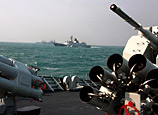



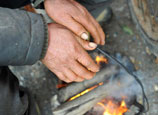
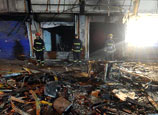



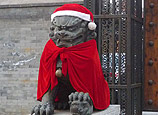






 Students take exams without invigilator in Hangzhou
Students take exams without invigilator in Hangzhou


![]()
